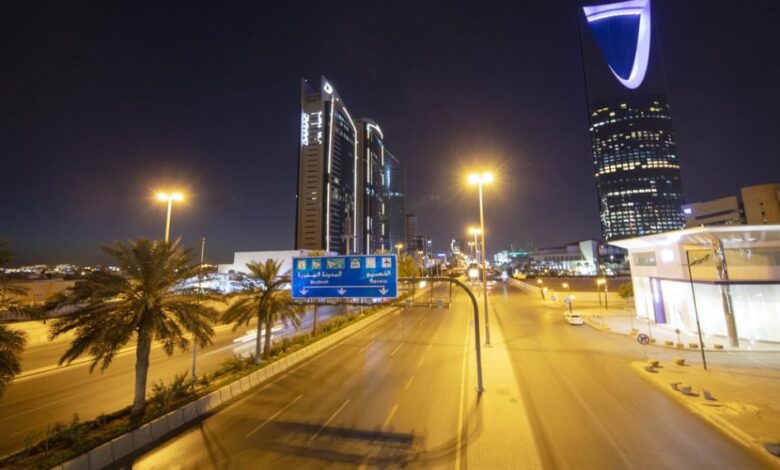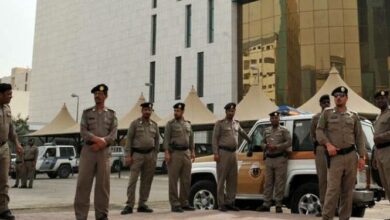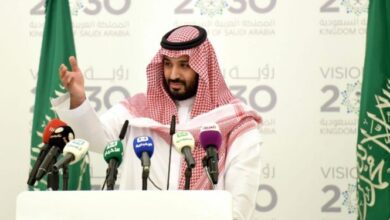Citizen’s Account cuts adds to popular discontent in Saudi Arabia

The Saudi regime is working to reduce funds Citizen’s Account Program, which threatens to undermine the popular support needed to pass the alleged economic reforms and cover up the failure of the policies of Crown Prince Mohammed bin Salman.
Data showed that, since April 2020, the Kingdom of Saudi Arabia has cut about two million people from the Citizen Account. The biggest drop occurred between June and July.
Payments to the Account decreased by one billion riyals (about $267 million) by July, down from 2.7 billion riyals in March.
The government said it has tightened control over who benefits and will remove people living with families, while strengthening direct assistance to those the state has classified as “the most vulnerable”.
The program’s budget cuts will exacerbate the financial hardships suffered by the poor in Saudi Arabia at a time when they are also losing income compensation options through the private sector.
The shutdown and the collapse of oil prices have affected the Kingdom’s economy, and could lead to a contraction of up to 6.8%, according to the International Monetary Fund.
Saudi Arabia recently trebled value-added tax from 5% to 15%; to help funding state projects and achieve some of Vision 2030 goals.
The unemployment rate worsened during the pandemic, as tourism stopped, especially during the Hajj season. Which disrupted large parts of the non-oil sector. The IMF does not expect any new economic growth for Saudi Arabia until 2021, and not until a Coronavirus vaccine is developed.
Without employment options applicable to the private sector, public support for the economic reform plans is likely to diminish.
Riyadh introduced the Citizen Account Program in December 2018, in response to public complaints about the impact of VAT. The decision was in line with decades of providing direct and indirect support to the Saudis in exchange for political consent to the absolute ownership, and in an attempt to increase public acceptance of economic reform efforts.
The public remained resistant to economic restructuring, which added to its burdens, as demonstrated through electronic campaigns to support electricity and water. So far, few reforms have been implemented that have profoundly changed the relationship between the Saudi welfare state and its citizens.
The cuts on the Citizens Account impact may appear in tribal protests and on social media, as some Saudis complain that they are unable to purchase goods and daily services.
If the Saudi government believes that these protests can seriously undermine the loyalty of tribes, families, or major areas, it may consider other subsidies to try to balance the economic pressure felt by those affected by the changes in the Citizen Account Program.
Bandar Awad, a 34-year-old courier, said through a text message that he was no longer receives the 300 riyals ($80) every month. “Even recharging my cell phone balance has become difficult,” he said.
This hardship will test support for a crucial tool that Crown Prince Mohammed bin Salman unveiled in 2016. It is also likely to harm consumption as the economy shrinks.





